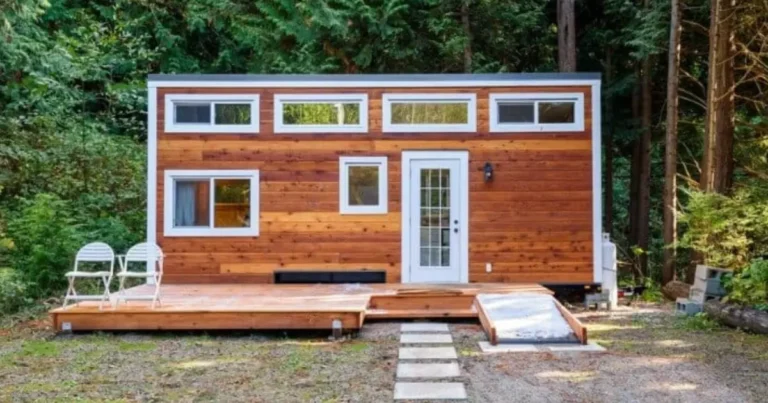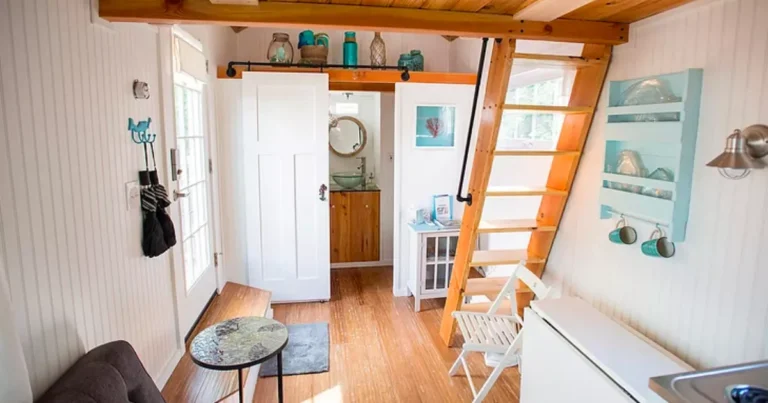Navigating Student Accommodation: Strategies for Success

Starting college is like entering a new universe, akin to delving into the enigmatic depths of “Legacy of Dead.” It’s an adventure full of development, learning, and important decisions, the most important of which is the lodging option you select. Making wise choices about your living arrangement can have a significant impact on your general well-being, social life, and academic achievement.

This is a thorough guide to helping university students make well-informed decisions concerning housing.
1. Budget Wisely
Recognize your budgetary constraints before you even begin exploring your possibilities. Make a realistic budget that accounts for monthly costs such as groceries, utilities, and rent. Recall that the most costly choice isn’t usually the best one. Think about more than simply the rental fee; account for the cost of utilities, internet, and campus transportation.
Also Read: How To Buy A House As A College Student?
2. Consider Proximity to Campus
The location is important. You can save money and time on transportation if you live close to campus. On the other hand, lodging close to the institution may cost more. Consider the benefits and drawbacks of commuting and living further away. Occasionally, the additional time spent traveling may be justified by the rent savings.
3. Explore Your Options
Never accept the first location you come across. Examine several lodging options, including shared apartments, homestays, private student housing, and university dorms. Each offers advantages and disadvantages in terms of price, social life, and privacy. Create a list of your priorities and select a location that satisfies the majority of them.
4. Read the Fine Print
Go through a lease carefully before signing it. Recognize the terms, conditions, and contents of the rental agreement. Make sure you are informed on the length of the lease, subletting guidelines, and overnight visitor policies. To prevent any difficulties down the road, be aware of your rights and obligations as a tenant.
5. Safety First
Your security is of utmost importance. Examine the security precautions in place, such as window and door locks, working smoke alarms, and well-lit entryways. Examine the safety rating of the community and inquire with existing residents about their experiences.
6. Social Dynamics Matter
Your lodging doubles as a social area. You might not want to live in a party-oriented house or dorm if you want a peaceful study space. On the other hand, if you do well in a lively neighborhood, look for locations that are well-known for their social events and community activities.
7. Practical Amenities
Think about the usefulness of it. Exists a laundry facility in the area? What about pharmacies, food stores, and public transportation? Small comforts can have a significant impact on your day-to-day existence.
8. Inspect Before You Move In
Before deciding, try to visit the location in person if at all possible. Make sure everything is in working order, including the lights, appliances, and faucets, and look for any damage that may already be there. By recording these specifics, you can shield yourself from any disagreements when you move out.
9. Understand the Roommate Dynamic
Recognize the dynamics of cohabiting if you’re thinking of renting a room. To create a peaceful living atmosphere, talk about standards for cleanliness, noise levels, study habits, and visitor policies. The secret to preventing confrontations is clear communication.
Also Read: How to Buy a Tiny House and Land? Comprehensive Guide
10. Keep an Eye on the Long-term
Consider how your needs might evolve in the future. Later in your academic career, you may find yourself yearning for a more sedate and alone environment, even though a busy dorm may be thrilling during your first year. Select a versatile solution that can adapt to your changing tastes.
Like a game of “Legacy of Dead,” starting your university career is an adventure full of possibilities and unknowns. This experience is significantly shaped by the lodging you select. By being proactive, aware, and mindful of your requirements, you may establish a living environment that not only complements but enriches your academic adventure. Recall that this is your home during these years—a location where you learn, mingle, and create memories—not just a place to sleep.





